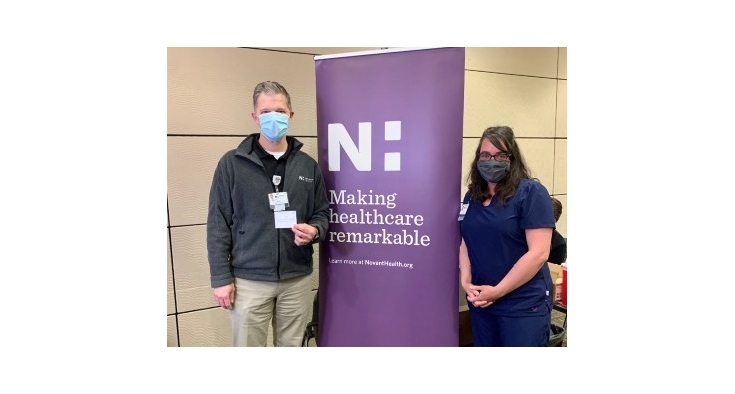As more people become eligible for the COVID-19 vaccine, it’s important to anticipate some of the effects that go along with receiving the two shots.
These expected effects may feel like the flu or even affect your ability to do daily activities, but they are short-lived and, most importantly, normal signs the body is building protection to the virus.
These include:
- Pain or swelling in the arm where you got the shot.
- Low-grade fever.
- Chills.
- Tiredness or fatigue.
- Headache.
Both Pfizer and Moderna require two doses of the vaccine for maximum efficacy – 95% and 94% in clinical trials, respectively. The expected effects are more likely after the second dose and usually last less than a day, said Dr. David Priest, Novant Health’s chief safety, equality and epidemiology officer.

“We are not using the term ‘side effects’ because we know these things are going to happen when your immune system responds to vaccines,” Priest said. “That means the immunization is working and that your immune system is responding. That is exactly what we want to happen.”
The Centers for Disease Control and Prevention (CDC) recommends taking ibuprofen or acetaminophen to reduce pain or discomfort.
Other CDC recommendations include:
- Apply a cool, wet washcloth over the injection area.
- Use or exercise your arm.
- Drink lots of water.
It’s recommended that people seek care if the expected effects last longer than a few days or if there is increased redness or tenderness at the injection site after 24 hours. Talk with your primary care physician if you have questions or concerns. While concerns around allergies received a lot of attention recently, doctors and scientists agree that those with everyday food allergies have no cause for concern.







